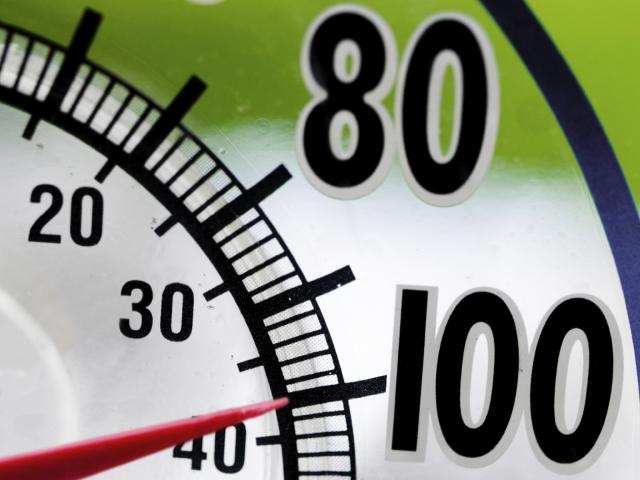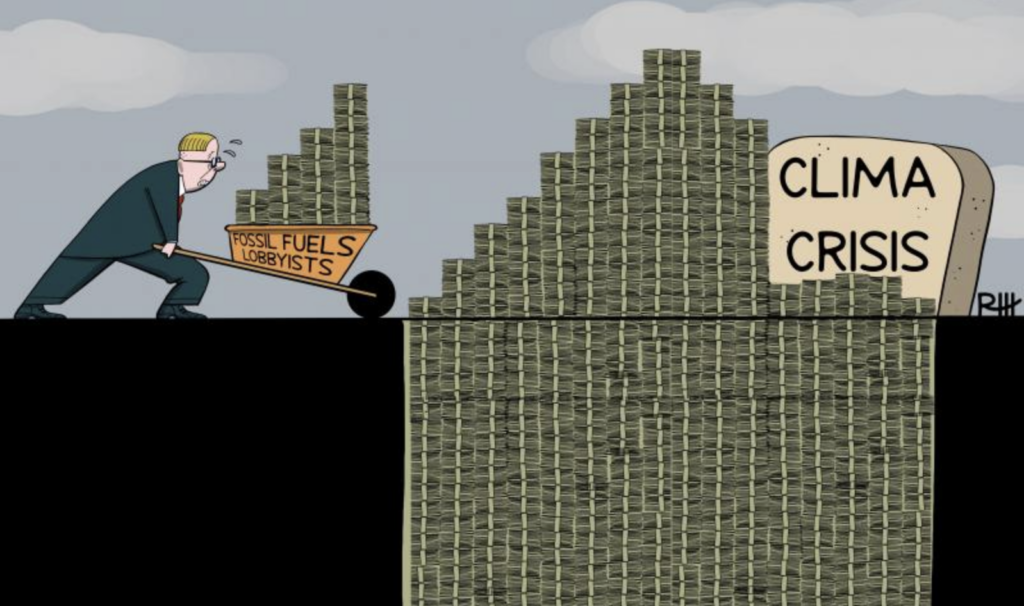An international team of climate scientists led by the National Oceanic and Atmospheric Administration (NOAA) has confirmed that climate change is “undeniable” and clearly driven by the “human fingerprints” of greenhouse gas emissions. The findings are based on new data that was not reviewed during the most recent 2007 report by the UN Intergovernmental Panel on Climate Change.
The Financial Times reported today that the NOAA study drew on 11 different indicators of climate, and “found that each one pointed to a world that was warming owing to the influence of greenhouse gases.”
The scientists confirmed that seven of the indicators are rising, including air temperature over land, sea-surface temperature, marine air temperature, sea level, ocean heat, humidity, and tropospheric temperature in the “active-weather” layer of the atmosphere closest to the earth’s surface. Four other indicators were declining: Arctic sea ice, glaciers, spring snow cover in the northern hemisphere, and stratospheric temperatures.
The Financial Times quotes Peter Stott, head of climate monitoring at the UK Met Office, stating:
“The whole of the climate system is acting in a way consistent with the effects of greenhouse gases. The fingerprints are clear. The glaringly obvious explanation for this is warming from greenhouse gases.”
Glaringly obvious, unless you are a climate skeptic who denies the facts in favor of touting manufactured scandals like “Climategate” – a mythical tale ginned up by the climate denial machine to further confuse the public about the real dangers of climate change.
Bob Ward, policy director of the Grantham Institute at the London School of Economics, told the Financial Times:
“This confirms that while all of this [Climategate] was going on, the earth was continuing to warm. It shows that Climategate was a distraction, because it took the focus off what the science actually says.”
That is exactly what the denial machine intended, and it worked for quite a while, with many reporters writing about the private emails of climate scientists stolen from the University of East Anglia last winter. But when the whole episode was exposed as a baseless attack on scientists that does nothing to undermine scientific knowledge about the real threat of climate change, few reporters found the ink to tell the truth.
Even this new Financial Times article about climate scientists confirming the unequivocal certainty that manmade emissions are warming the globe features multiple quotes from climate skeptics and deniers, including Pat Michaels and Myron Ebell of the Competitive Enterprise Institute.
Why bother to quote the skeptics here in an article about hard scientific evidence? it is their Climategate story that has been thoroughly debunked, not the science. If there is any lesson that came out of Climategate, it is that climate skeptics should be ignored, not continuously quoted.
The deniers’ golden egg – Climategate – has been proven false. Yet they cling to the myth regardless.
Doesn’t that tell us plenty about their “expertise” and motivations?
Subscribe to our newsletter
Stay up to date with DeSmog news and alerts







